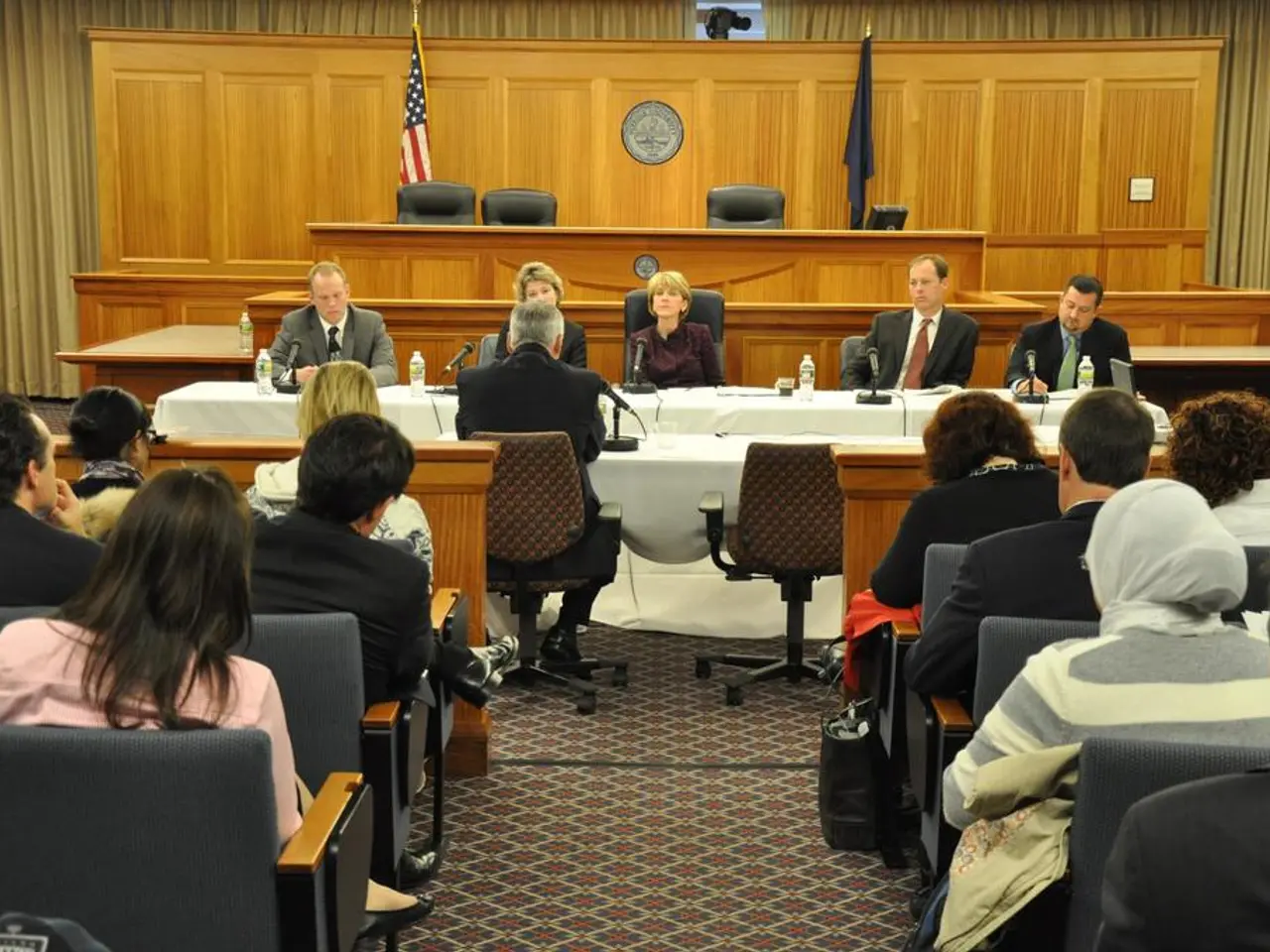Governmental Involvement in Macroeconomics: Policy Implementation, Role Definition, and Outcomes
Let's dive into the world of economics and explore how governments impact the economy from their local, national, and international perches. Governments play a multifaceted role in economic health and direction, wielding influence at every level by traversing diverse landscapes of regulations, policies, and spending decisions.
The Hustle and Bustle of Local Government
At the local level, governments stir up economic activity by instituting regulations on business and zoning laws that shape the landscape of commerce. They also offer essential public goods and services, such as infrastructure, education, and public safety, which form the backbone of economic activity. Local taxation policies seem to steer the ship of economics, and subsidies and incentives serve as beacons for businesses seeking refuge in thriving industries.
Elevated Decisions: The National Stage
The national government brings a vast arsenal of mechanisms to wield its influence. Fiscal policy, spearheaded by the legislative branch, can either stimulate or stifle economic growth through government spending and taxation. Interest rates, tweaked by central banks, dance like the strings of a puppet, guiding money flow and consumption across the economy.
Regulations, such as labor laws, environmental standards, and business regulations, stage a grand production, shaping market conditions. Subsidies and tariffs, crafted with precision, can either protect homegrown champions or promote select sectors, rearranging the deck chairs on the economic Titanic. In times of crisis, governments may deploy bailouts and economic stimulus, offering lifeboats to floundering sectors or pumping the engines to commence economic recovery. Currency exchange policies and interest rate adjustments, too, are key components of the national government's toolbox.
Political ideologies and influential interest groups often shape the course of economic policy at the national stage, pushing for divergent interests in taxation, regulation, and public spending.
The International Grandeur: A Global Stage
At the international level, governments sway the world's economic dynamics through trade agreements, which dictate the dance of goods and services across borders. Their participation in international economic organizations and treaties sets norms and coordinates policies across borders. Foreign aid and subsidies can leave lasting ripples in global markets and economic development. Currency exchange policies and controls allow governments to navigate the intricate tango of international investment and trade balances.
Governments also collaborate on issues that transcend national boundaries, such as climate change and global financial stability, to ensure the harmonious hum of the world economy.
In a nutshell, governments orchestrate the economic symphony at the local, national, and international levels using a diverse range of tools - fiscal, monetary, regulatory, and trade policies - each level contributing to a complex, interconnected web of economic outcomes.
- The local business environment can be influenced significantly by government actions such as enforcing regulations, zoning laws, and providing essential public services, which foster the growth of commerce.
- On the national stage, the government's influence extends to shaping the economy through fiscal policies, interest rate adjustments, and regulations, which can stimulate growth, protect domestic industries, or address crises in specific sectors.







